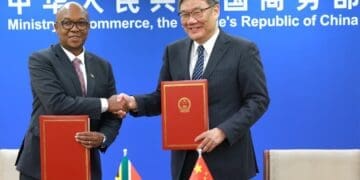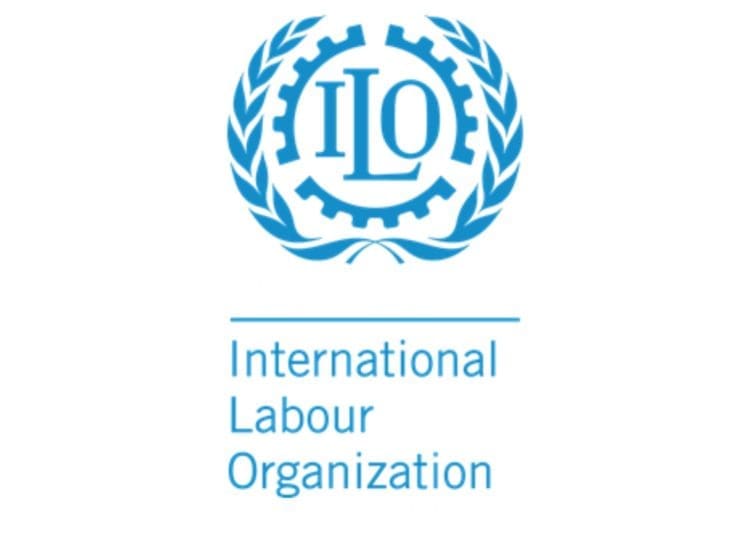Even though government revenues have nosedived due to Covid-19 lockdowns, the International Labour Organisation (ILO) warns that failing to respond to the crisis of SMMEs, will most likely result in longer and deeper recessions.
In South Africa, even though the government expects the sector to create 90% of all jobs by 2030, it is only now that private corporations and the state are starting to show real support for small businesses – both in the formal and informal market.
But it may be too late, as many of them were already struggling before the pandemic, and thousands have been decimated this year.
The Small Business Institute said in October there were over 160 papers, surveys and scenarios in on SMMEs since the arrival of Covid-19.
This alone indicates there is still no comprehensive, co-ordinated approach to the sector.
In the last months the state has introduced debt relief finance schemes for SMMEs and advocated for buy-local approach. And around 50 corporations have undertaken to pay their SMME suppliers within 30 days.
But this can only be the start of boosting the sector, which is about to get thumped again now that the country is in its second wave of the pandemic.
The ILO, which has an SME Unit that suggests how to bolster the sector during and after the lockdowns, is worth considering as the country attempts to rebuild the economy and the sector.
It says in a policy brief that access to credit will remain the biggest challenge in reactivating SMMEs. Therefore, government policies to inject liquidity into the markets, mainly through private institutions, is vital.
Access to credit can include low or no-interest loans via public and private financial institutions, lines of credit for trade activities, and partial underwriting of risk to ensure loans also go to the smallest enterprises.
As seen in parts of South Africa, it says governments can also boost jobs by including employment-intensive investment, and procurement that gives preference to SMMEs. It should include fast-tracking public procurement processes and simplifying them to facilitate tenders for SMMEs. Also, there should be tax incentives to stimulate local sourcing of multinational enterprises.
Business services to support SMMEs will benefit greatly from programmes to help them to boost productivity improvement, manage their finances more effectively and enhance their marketing skills, it says.
The ILO suggests that governments expand the offerings of technical schools that help entrepreneurs to develop their management capacities; or provide vouchers so that small businesses can access the expertise of business service providers and training programmes.
For those wanting to read more of the recommendations from the ILO, the information can be accessed at https://www.ilo.org/wcmsp5/groups/public/—ed_emp/—emp_ent/documents/publication/wcms_741870.pdf
































































